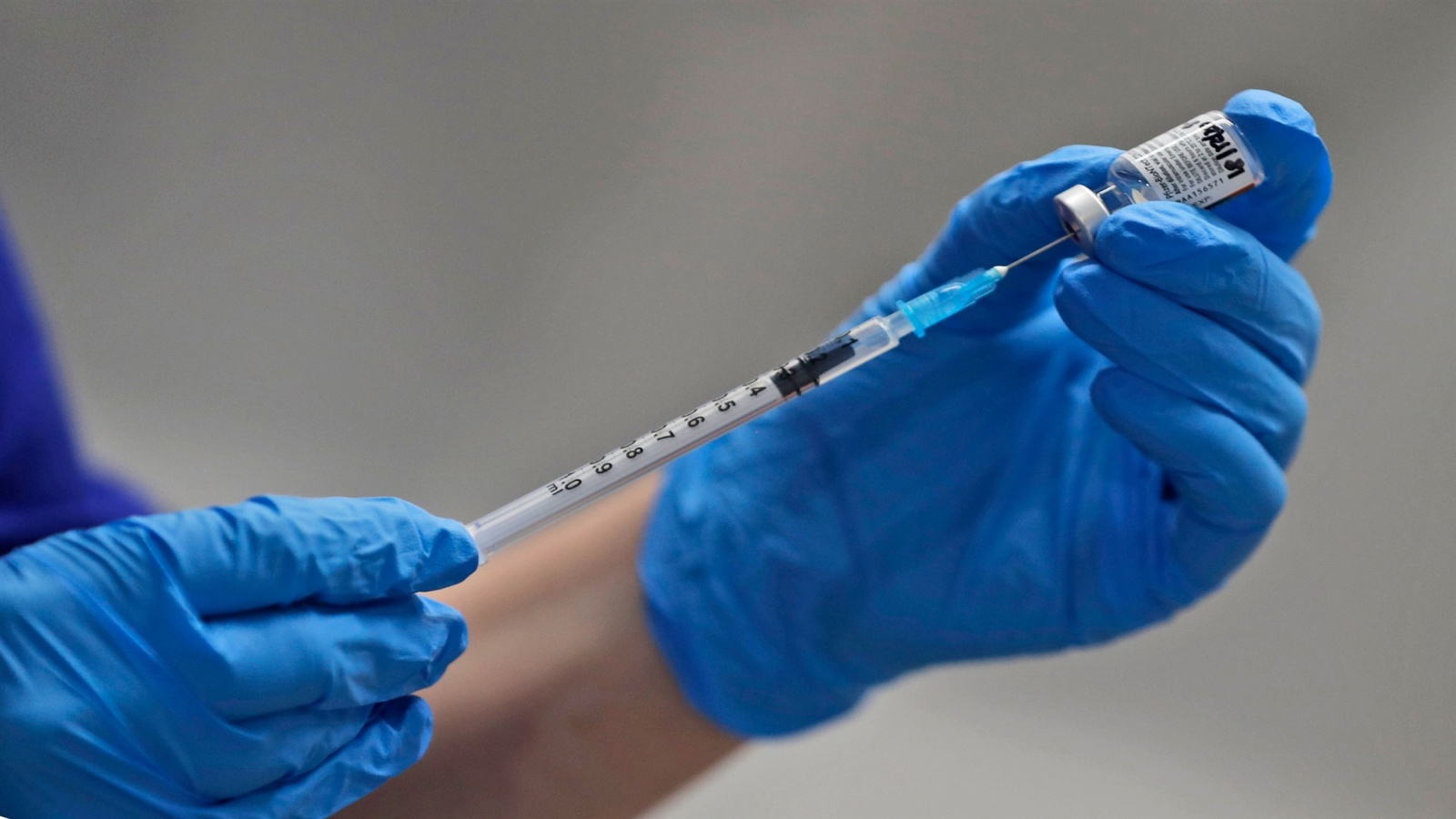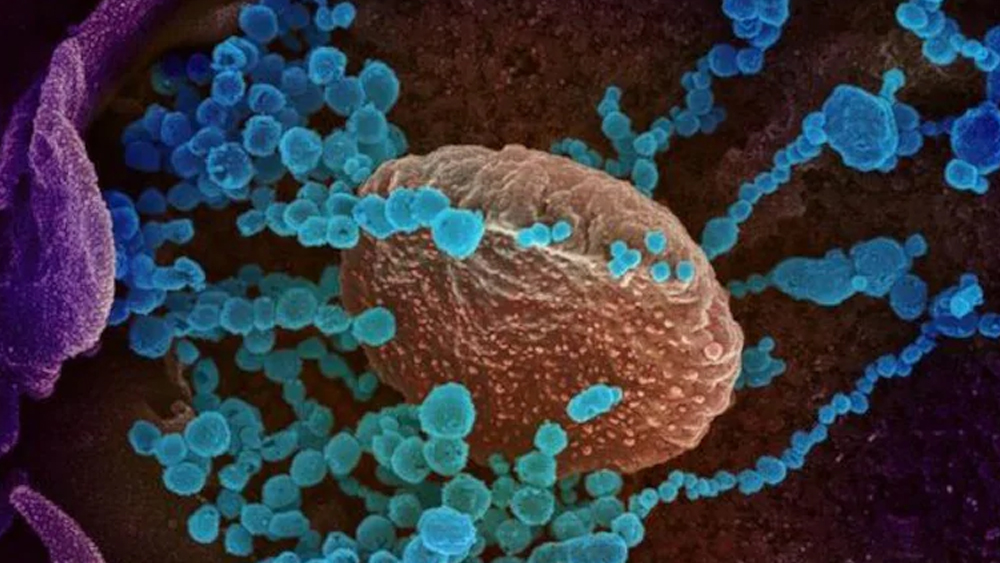You can now follow the latest news for free through the Telegram app
Click here to subscribe
—
Elaf from London: Public Health England (PHE) has announced that it does not recommend mixing COVID-19 vaccines from different suppliers.
The warning comes with the start of the distribution of the Oxford / AstraZeneca vaccine in the United Kingdom on Monday, January 4, 2021, which is the second release after the launch of the (Pfizer / BioNTech) vaccine in December 2020, and both require two doses.
On New Year’s Eve, the UK government issued directions to NHS paramedics saying that if the person who received their first vaccine came back for the second time but the same type was not available, or the type of the first vaccine was unknown, “this is reasonable to provide a dose of another vaccine.” .
The guidelines add: “This option is preferred if the individual is likely to be in great immediate danger or is unlikely to attend again.”
Rare occasions
After asking questions about the risks, Dr Mary Ramsay, head of immunization at PHE, told Sky News that mixing is not recommended and should only happen on “rare occasions”.
She said: “We do not recommend mixing COVID-19 vaccines – if your first dose is a Pfizer vaccine, you should not get the AstraZeneca vaccine for your second dose and vice versa.”
She added: “There may be very rare cases in which the same vaccine is not available, or when the vaccine is not known to the patient. Every effort must be made to give them the same vaccine, but if this is not possible, it is better to give a second dose of another vaccine instead of Not at all. “
Differences of the two vaccines
Dr. Ramsay emphasized: “Each of the two approved vaccines use a different technology to induce an immune response to COVID-19.”
The Pfizer vaccine uses mRNA technology – the first of its kind in a vaccine – that introduces into the body a messenger sequence containing the genetic instructions of the vaccinated person’s cells to produce antigens and generate an immune response.
While the Oxford vaccine uses the same technology as other vaccines by inserting the coronavirus gene into human cells to make the unique COVID-19 protein that builds the immune system in response to it if the real virus enters the body.
For his part, Dr. Simon Clark, assistant professor of cellular microbiology at the University of Reading, said that mixing vaccines without any data is a “huge gamble.”
He told Sky News: “It is not completely proven, while it may succeed, it may not succeed as well.” “The consequences of understanding this mistake are enormous, and this is the most important thing in the world right now.
Dr. Clark concluded, “It may mean that the entire vaccine program has failed just as we have this new variant. The chances of it not succeeding already exist, and nobody knows.”
Topics that may interest you:
– .

